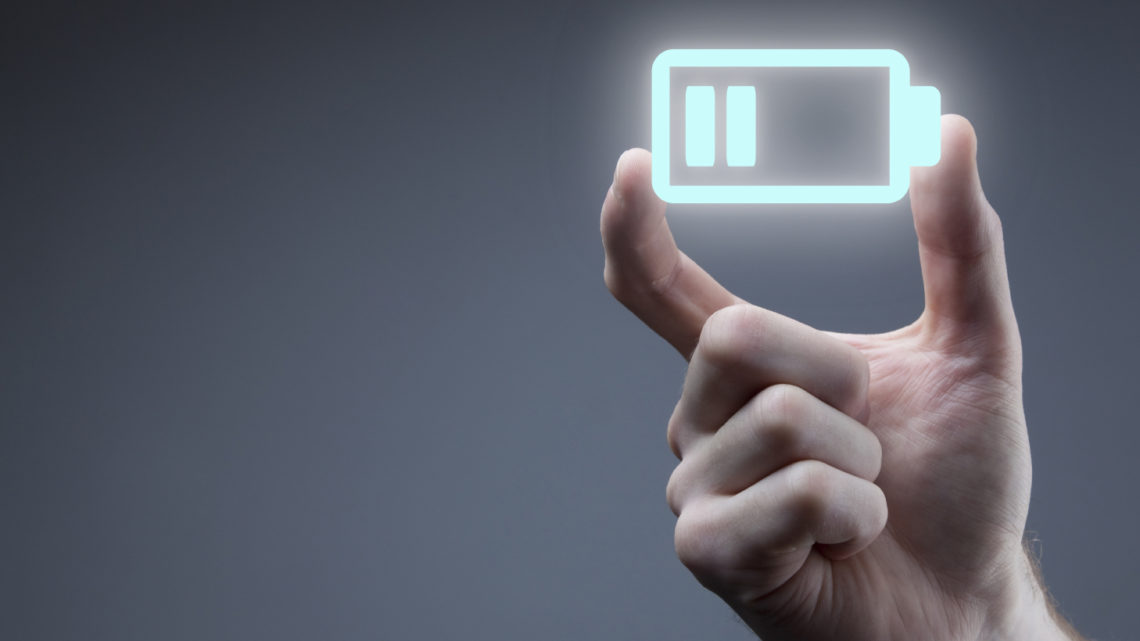The (SAIT) has successfully synthesized a patented “graphene ball”. This system significantly emphasizes speed battery charging.
While some manufacturers shift their focus towards solid-state batteries, Samsung believes that lithium-ion batteries still have a very promising future in the automotive industry. This is one of their investment priorities nowadays, which is even more important than the mobile devices or household appliances.
The SAIT (Samsung Advanced Institute of Technology) has a number of technological and commercialized advances. Including the development of the cadmium-free Quantum Dot materials used in Samsung’s high-end QLED televisions.
- This technology will enable the batteries to fully charge in just 12 minutes
- For this to be possible, graphene has to adopt a very special structure
- The best thing is that, despite its advantages, it does not mean a higher economic cost
SPEED BATTERY CHARGING LI-ION BATTERIES
The lithium-ion batteries (LI-ION) first arrived in 1991. Lithium-ion batteries, such as the one included in the Galaxy Note 8, take an hour to charge. This new fast battery charging technology system is reduced up to five times with the new graphene ball technology.
1991 is the year that lithium-ion batteries were introduced to the market for the first time. Since then, they have been the standard use for powering consumer-grade electronic devices. Many, however, believe that technology has expired and have begun to look for alternatives. However, none of these alternatives is put to use.
IT IS LIKELY THAT THE GRAPHENE BALL TECHNOLOGY WON’T HAVE A BRIGHT FUTURE
The graphene ball is just one of the many methods you are exploring at this time. However, there is no guarantee that it will come to light.
Mobile phones evolve. So does the charging systems. After the debacle of the batteries at the time unleashed by the Note 7, it seems that Samsung is putting the batteries in this field…And there is no doubt of that.
You will be able to use the graphene in vehicles with a very reliable price. On the other hand, at the same time, they are going to greatly improve the autonomy and the recharge. The objective is to explore and continuously improve the technology of lithium-ion batteries.


